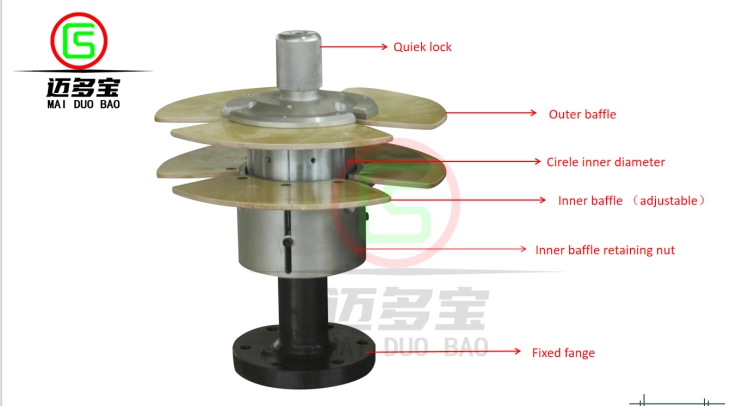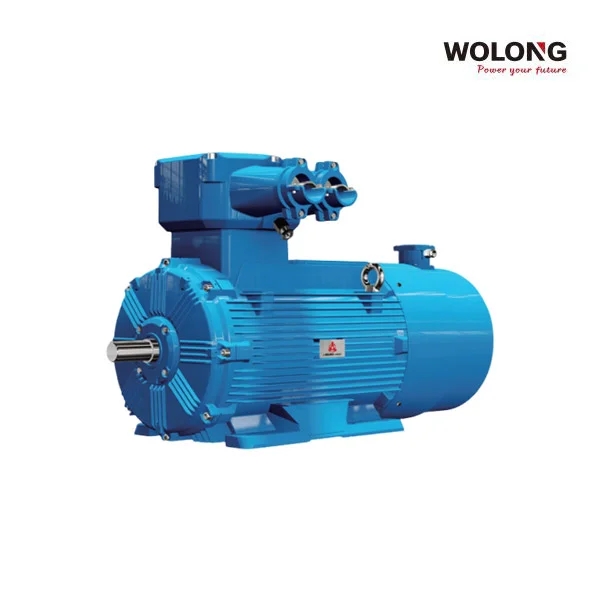
Transformers are an essential component in various industries, revolutionizing the way electricity is transmitted and distributed. With their ability to efficiently transfer electrical energy between different voltage levels, transformers play a crucial role in power systems. In this blog post, we will delve into the advantages of transformers, exploring their diverse applications and highlighting their significance in modern society.
- Enhanced Efficiency:
One of the primary advantages of transformers lies in their ability to improve energy efficiency. By stepping up or stepping down voltage levels, transformers minimize energy losses during transmission and distribution. This efficiency enhancement not only reduces costs but also contributes to a more sustainable and environmentally friendly power system. - Voltage Regulation:
Transformers enable voltage regulation, ensuring a stable and consistent supply of electricity. They help maintain voltage levels within acceptable limits, compensating for fluctuations caused by varying loads or long-distance transmission. This feature is particularly crucial in industries where sensitive equipment and machinery require a constant and reliable power supply. - Flexibility and Adaptability:
Transformers offer flexibility in power distribution systems. They allow for the transmission of electricity over long distances, making it possible to connect remote areas to the grid. Additionally, transformers facilitate the integration of renewable energy sources, such as wind and solar power, by adapting the generated electricity to the required voltage levels. - Isolation and Safety:
Transformers provide electrical isolation between the primary and secondary circuits, ensuring safety for both equipment and personnel. This isolation protects against electrical shocks and minimizes the risk of damage to sensitive devices. Transformers also help in reducing the occurrence of power surges, safeguarding electrical appliances and preventing potential hazards. - Size and Weight Reduction:
Advancements in transformer technology have led to the development of compact and lightweight designs. These modern transformers offer higher power density, allowing for more efficient use of space. The reduced size and weight make them suitable for various applications, including transportation, renewable energy installations, and industrial processes.
Conclusion:
Transformers are indispensable in modern power systems, offering numerous advantages that enhance efficiency, ensure voltage regulation, provide flexibility, and prioritize safety. Their ability to step up or step down voltage levels efficiently enables the transmission and distribution of electricity across vast distances. As technology continues to evolve, transformers will play a vital role in shaping a sustainable and reliable energy future.







